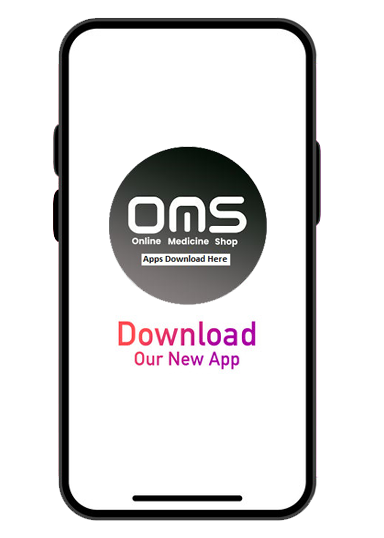\n
\n
\n
Presentation:
\n
Maxineb 2.5 Tablet: Each film coated tablet contains Nebivolol Hydrochloride INN equivalent to Nebivolol 2.5 mg. Maxineb 5 Tablet: Each film coated tablet contains Nebivolol Hydrochloride INN equivalent to Nebivolol 5 mg.
\n
\n
\n
\n
Indication:
\n
Hypertension: Maxineb is indicated for the treatment of hypertension, to lower blood pressure. Maxineb may be used alone or in combination with other antihypertensive agents. Chronic Heart Failure (CHF): Maxineb is indicated for the treatment of stable mild and moderate chronic heart failure in addition to standard therapies in elderly patients ≥ 70 years.
\n
\n
\n
\n
Dosage & Administration:
\n
Hypertension: The recommended starting dose of Maxineb is 5 mg once daily, with or without food, as monotherapy or in combination with other agents. Chronic Heart Failure (CHF): The initial uptitration should be done according to the following steps at 1-2 weekly intervals based on patient tolerability: 1.25 mg Maxineb, to be increased to 2.5 mg Maxineb once daily, then to 5 mg once daily and then to 10 mg once daily. The maximum recommended dose is 10 mg Maxineb once daily.
\n
\n
\n
\n
Contrainidications:
\n
Nebivolol is contraindicated in the following conditions: severe bradycardia, heart block greater than first degree, patients with cardiogenic shock, decompensated cardiac failure, sick sinus syndrome, patients with severe hepatic impairment, patients who are hypersensitive to any component of this product.
\n
\n
\n
\n
Side effects:
\n
The most common side effects are dizziness, headache, nausea, bradycardia & fatigue.
\n
\n
\n
\n
Drug interaction:
\n
Use caution when Nebivolol is co-administered with CYP2D6 inhibitors (quinidine, propafenone, fluoxetine, paroxetine, etc.). Do not use Nebivolol with other β-blockers. Both digitalis glycosides and β-blockers slow atrioventricular conduction and decrease heart rate. Concomitant use can increase the risk of bradycardia. Nebivolol can exacerbate the effects of myocardial depressants or inhibitors of AV conduction, such as certain calcium antagonists (verapamil and diltiazem), or antiarrhythmic agents, such as disopyramide.
\n
\n
\n
\n
Use in special groups:
\n
Pregnancy & Lactation: Pregnancy category C. It is not known whether this drug is excreted in human milk. Because of the potential for β-blockers to produce serious adverse reactions in nursing infants, especially bradycardia, Nebivolol is not recommended during lactation. Pediatric use: Safety and effectiveness of Nebivolol in pediatric patients have not been established. Elderly: In patients over 65 years, the recommended starting dose is 2.5 mg daily. If needed, the daily dose may be increased to 5 mg. However, in patients above 75 years, caution must be excercised and these patients monitored closely. Renal Impairment: In hypertension patient with severe renal impairment (ClCr less than 30 mL/min) the recommended initial dose is 2.5 mg once daily; titrate up slowly if needed. Nebivolol has not been studied in patient receiving dialysis. In chronic heart failure patient no dose adjustment is required in mild to moderate renal insufficiency. There is no experience in patients with severe renal insuffiency (serum creatinine ≥ 250 µmol/L). Therefore, the use of nebivolol in these patients is not recommended. Hepatic impairment: In hypertension patients with moderate hepatic impairment, the recommended initial dose is 2.5 mg once daily; titrate up slowly if needed. Nebivolol has not been studied in patients with severe hepatic impairment and therefore it is not recommended in that population. In chronic heart failure, data in patients with hepatic insufficiency are limited. Therefore the use of Nebivolol tablets in these patients is contraindicated.
\n
\n
\n
\n
Packing:
\n
Maxineb 2.5 Tablet: Each box contains 30 tablets in alu-alu blister pack. Maxineb 5 Tablet: Each box contains 30 tablets in alu-alu blister
\n
\n






